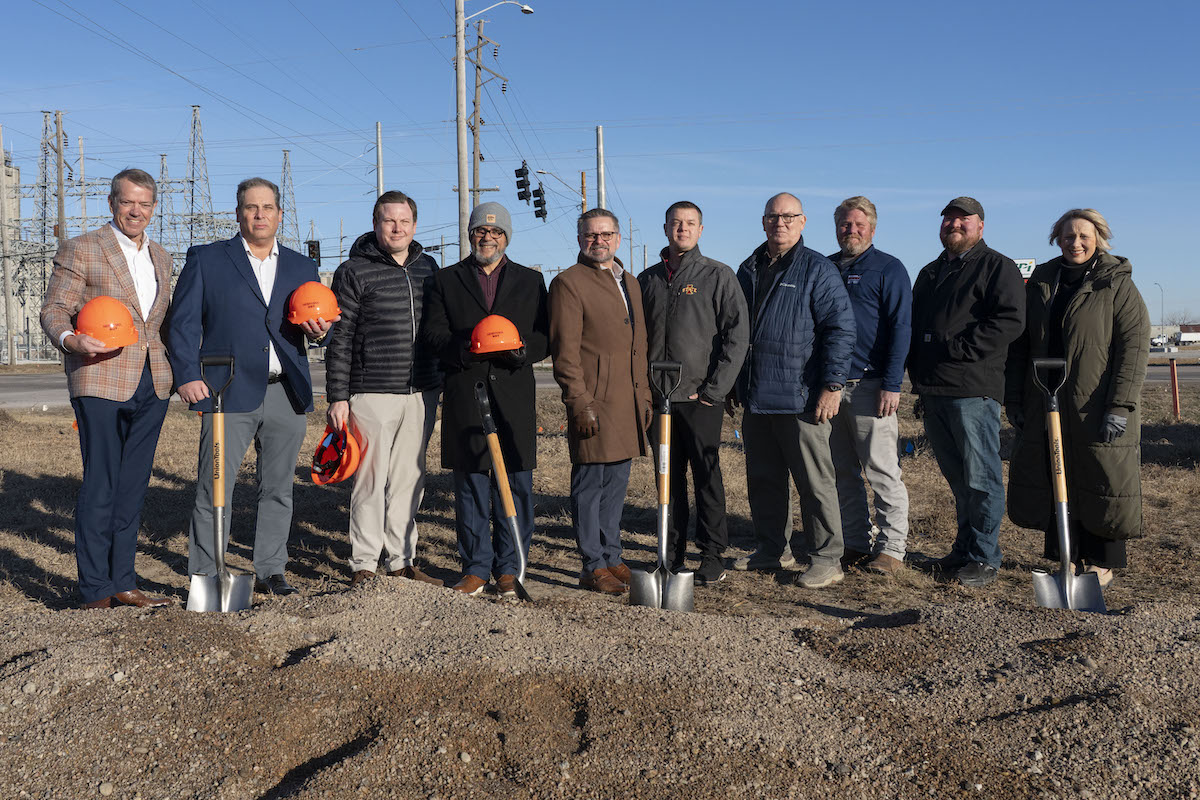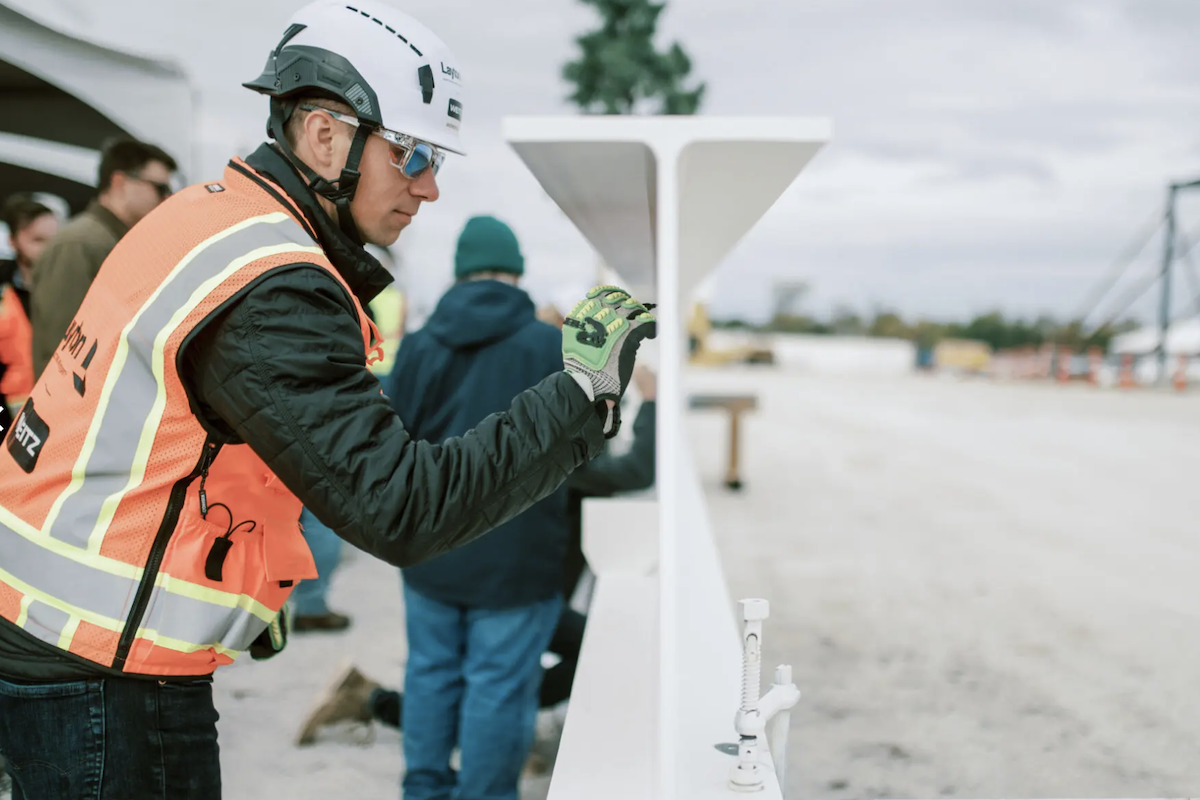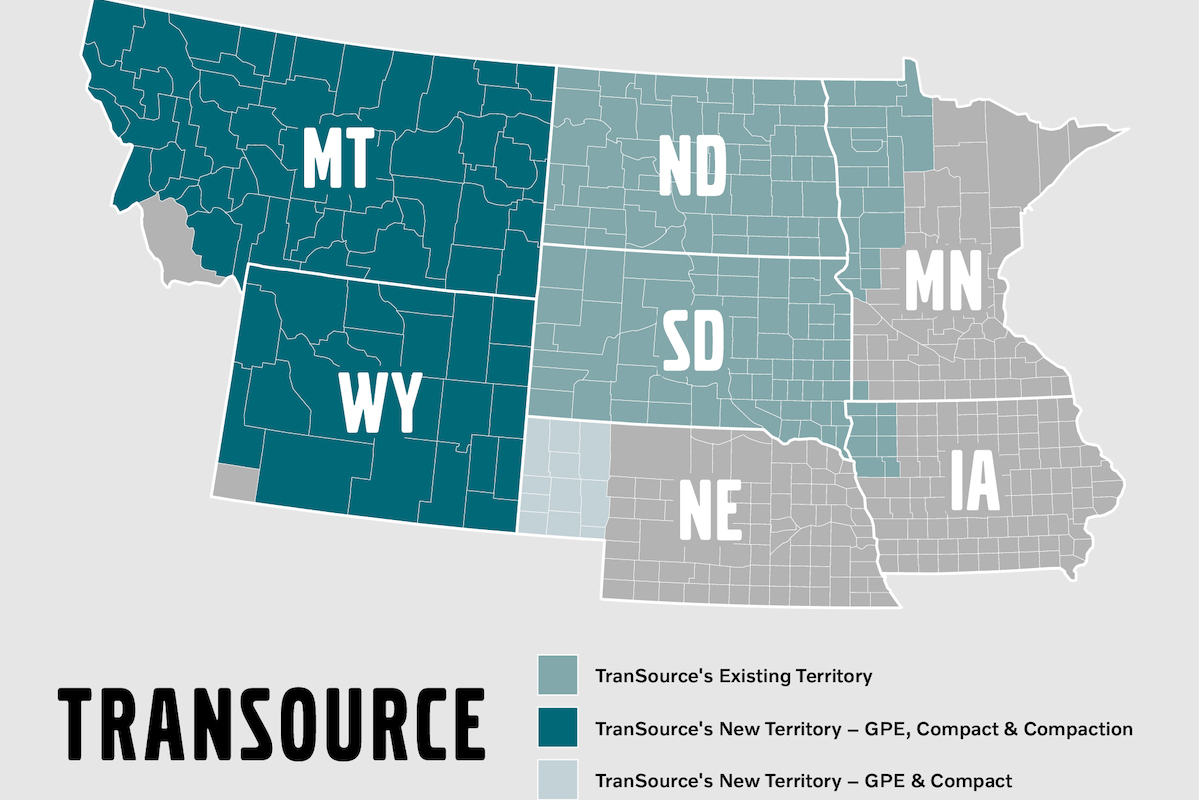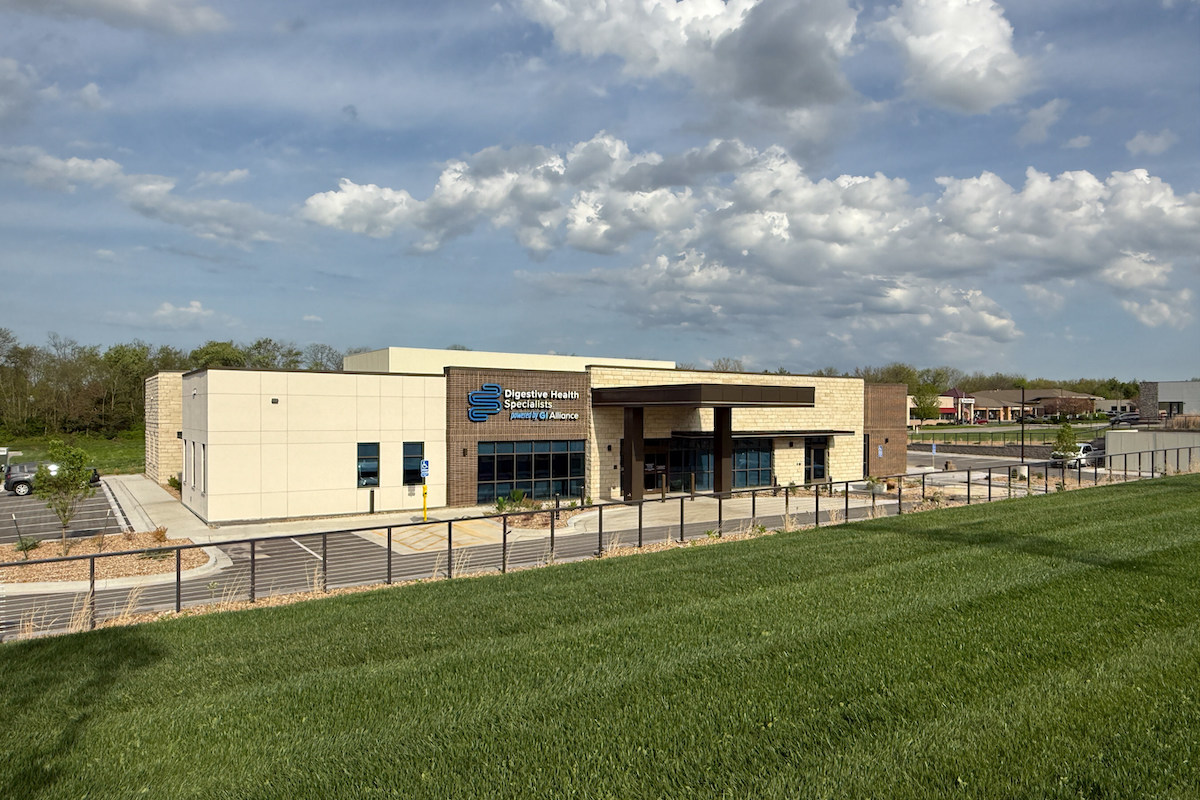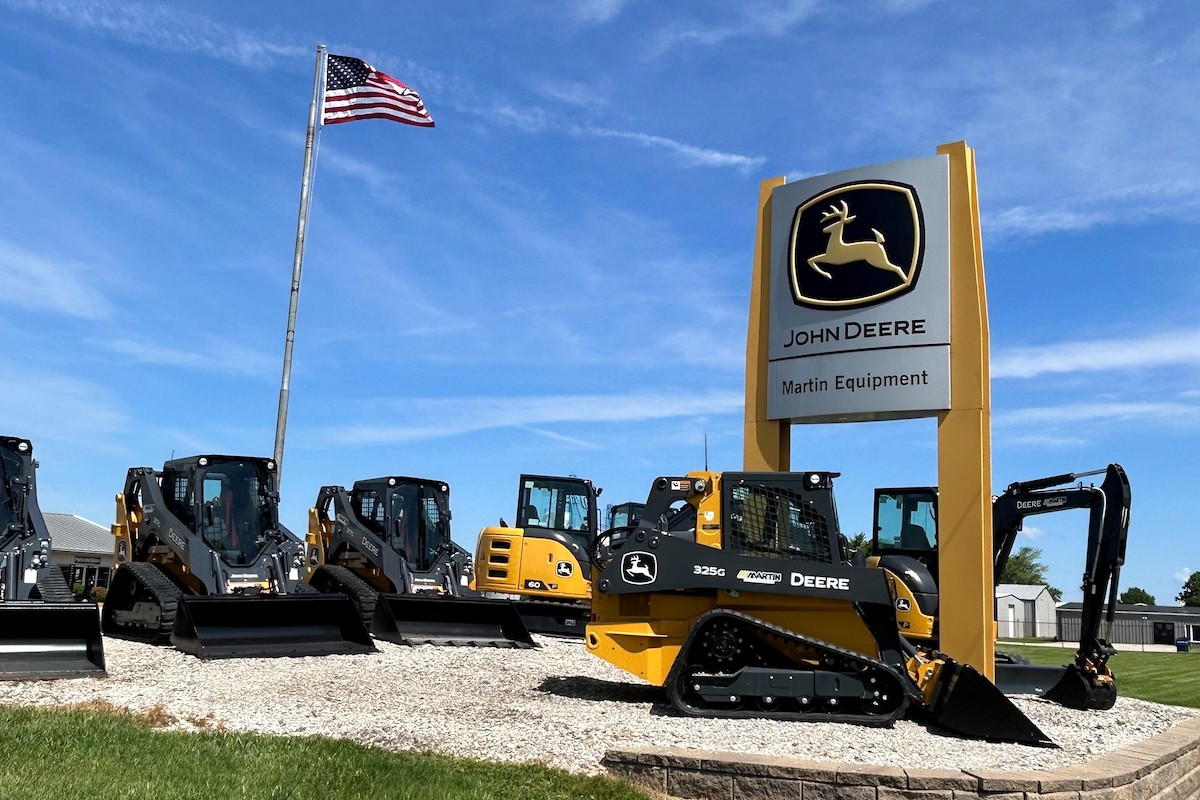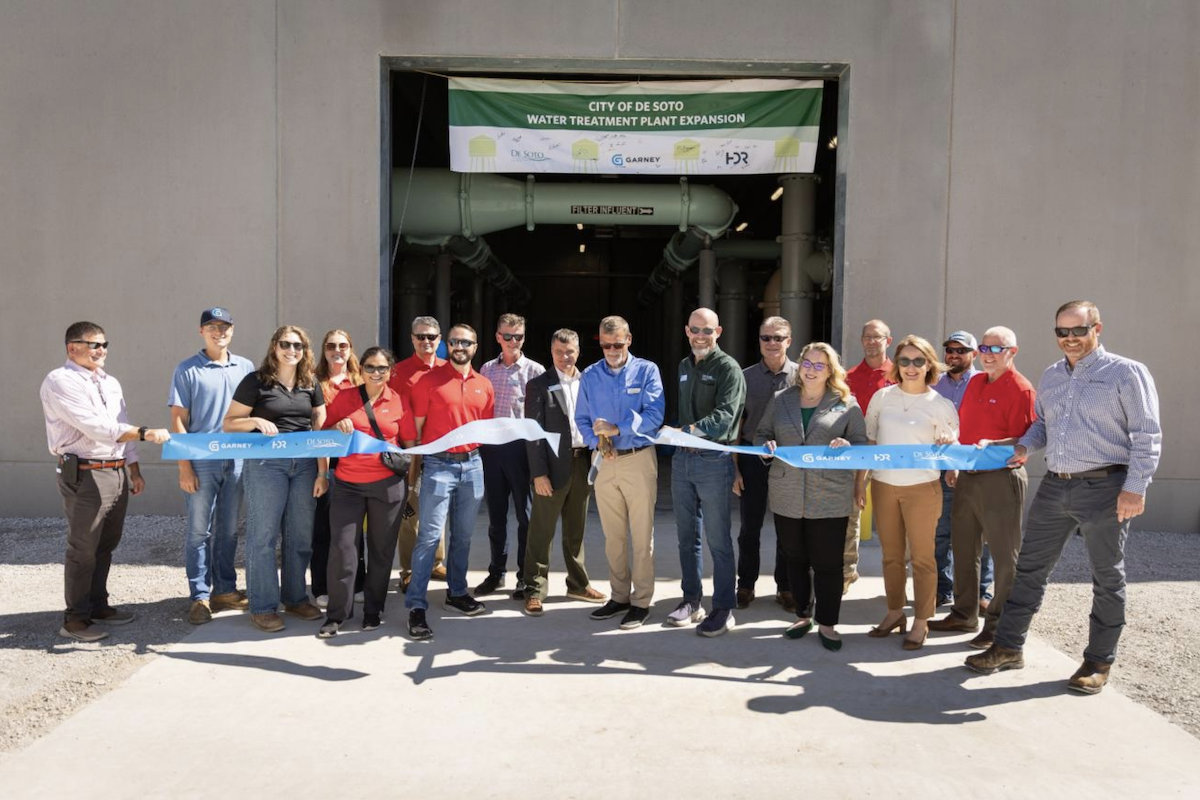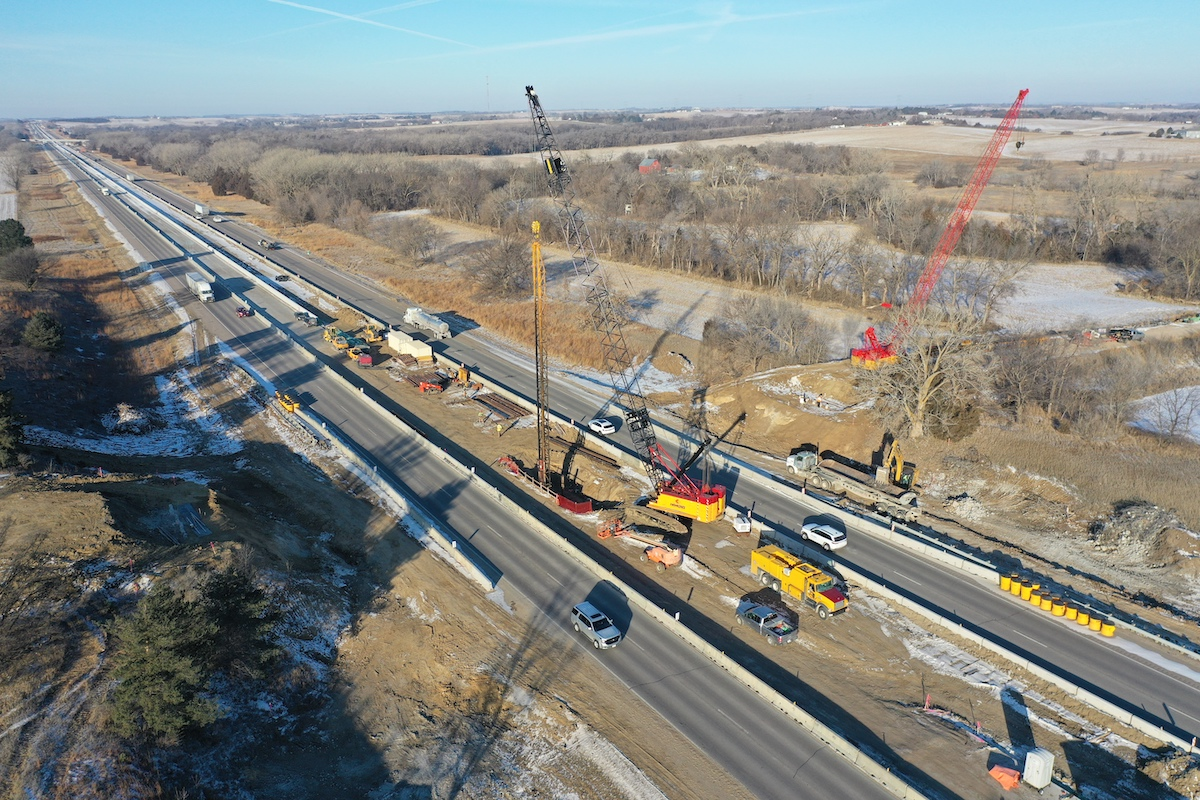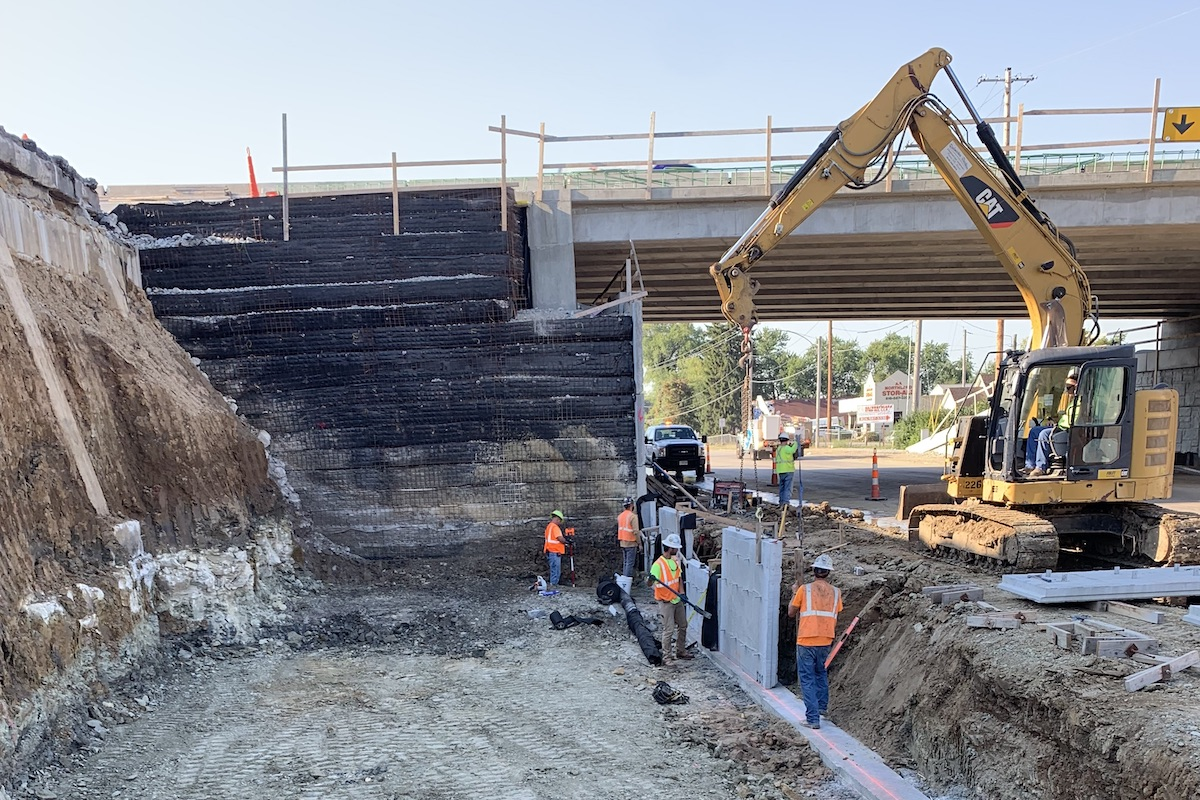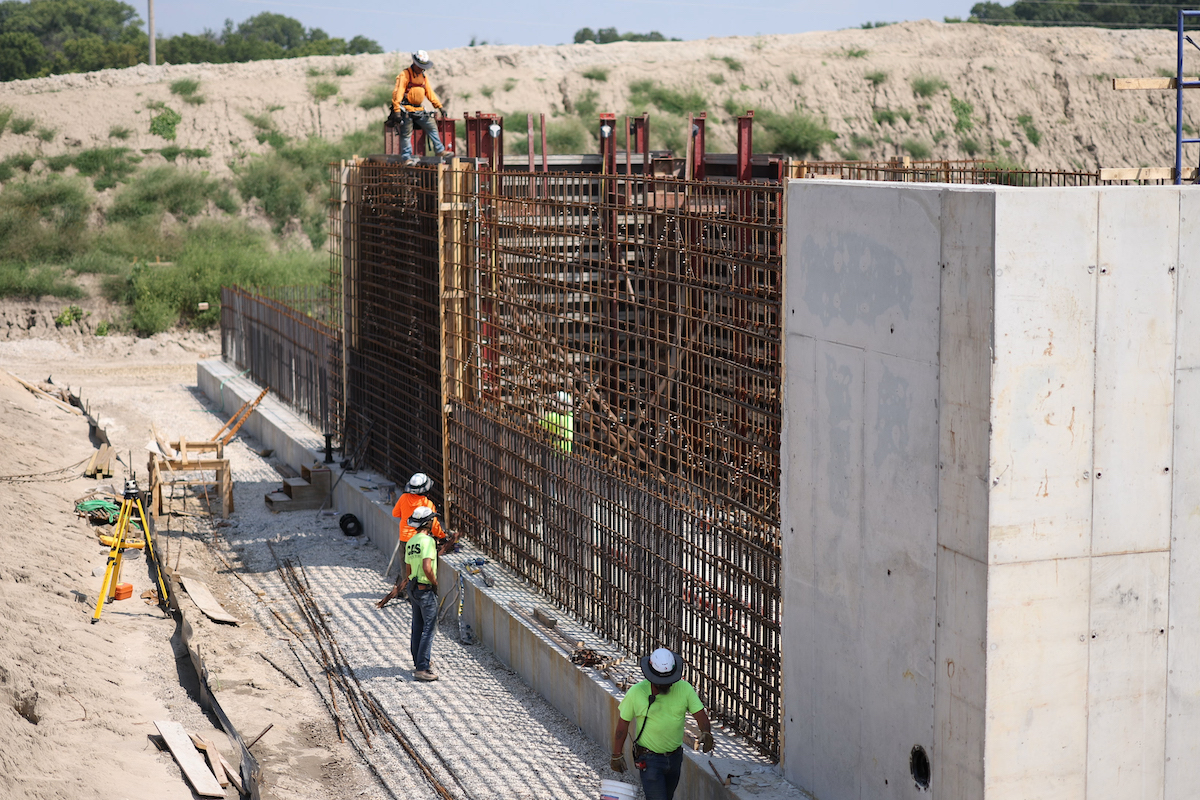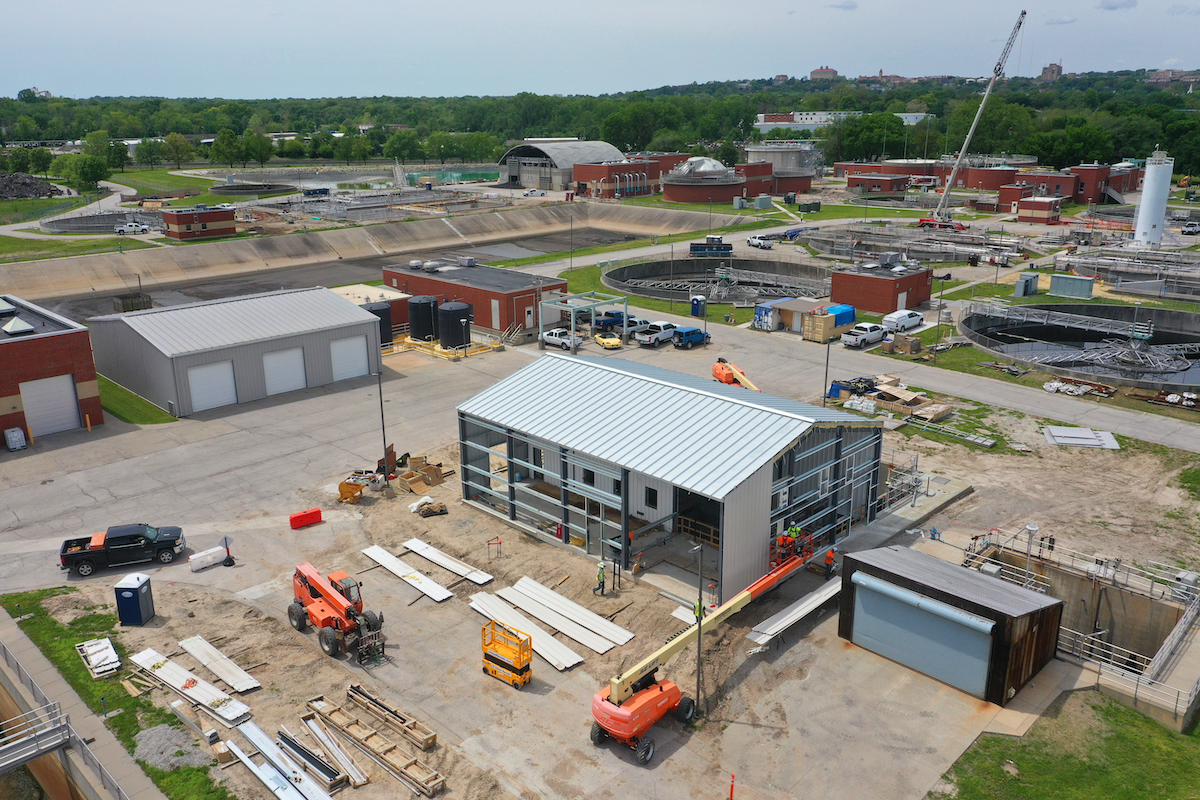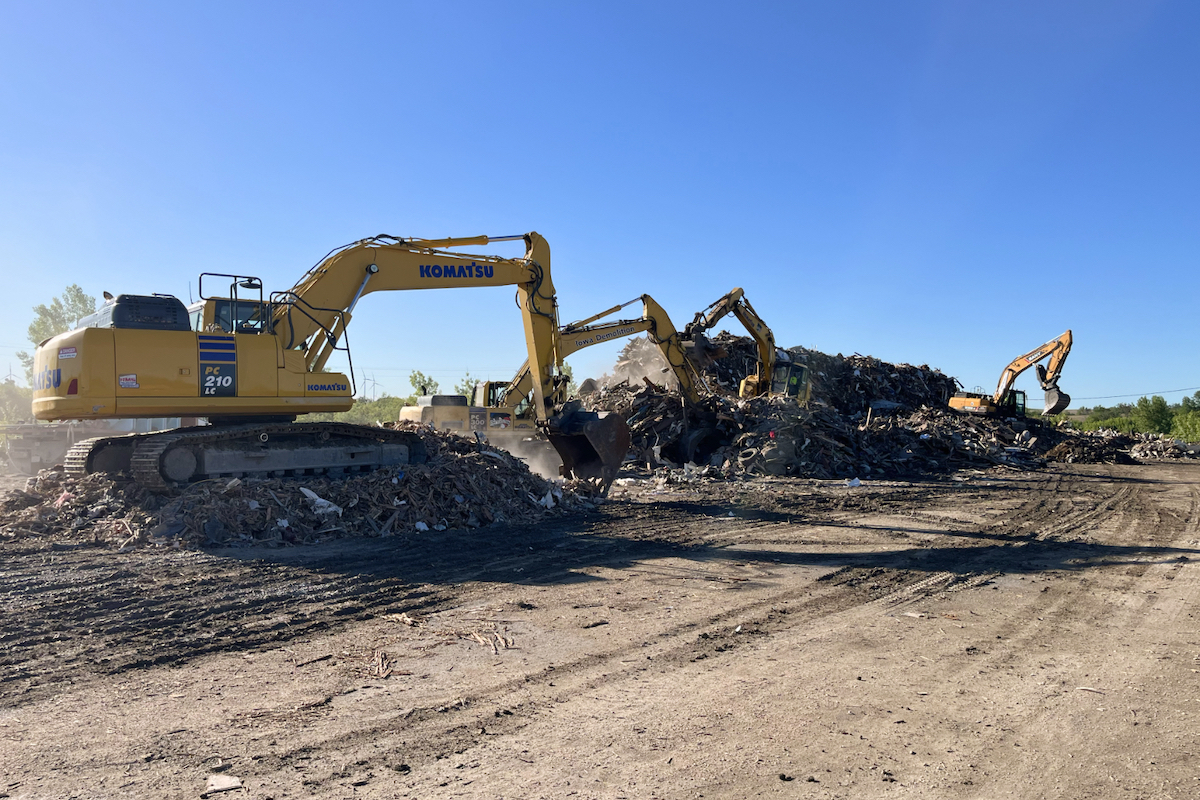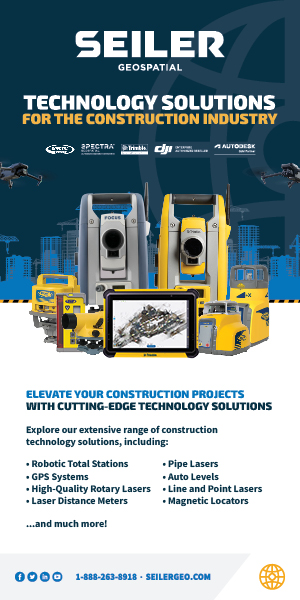The modern construction landscape is undergoing a profound transformation, driven by the influx of data and the innovative technologies used to collect it. But the true power of data lies not in its sheer volume, but in its ability to be tailored to the unique requirements of each individual involved in the construction process.
The construction industry has long been enamored with the idea of accumulating as much data as possible. When we approach engineering firms or general contractors about their data needs, the answer we get most often is “we want all of it.”
This impulse to gather all the data often stems from a well-intentioned desire to have a comprehensive understanding of a project. However, this approach can quickly lead to information overload and paralysis by analysis.
I advocate for a paradigm shift, moving away from the pursuit of “all the data” and toward a more focused, stakeholder-centric approach. This involves recognizing that each individual in the construction process — from engineers to project managers to supply chain personnel — has distinct data needs that must be met for optimal decision-making and project execution.
For engineers, data is the foundation upon which their designs are built. Highly accurate elevation data, obtained through technologies like photogrammetry, ground penetrating radar, and LiDAR, provides a detailed and accurate representation of a site’s topography. This information is crucial for identifying potential obstacles like underground utilities or geological formations, which can significantly impact the design and execution of a project.

| Your local Manitou dealer |
|---|
| Star Equipment LTD |
Additionally, this data can be used to create highly detailed 3D models of the site, allowing engineers to visualize the project in its entirety and make informed decisions about design elements and construction methodologies.
Estimators, responsible for predicting project costs and timelines, rely on data to make accurate forecasts. The same high-resolution elevation data that benefits engineers is equally valuable for estimators.
By understanding the true lay of the land, estimators can more accurately calculate the amount of earthwork required, the volume of materials needed, and the potential logistical challenges that may arise during construction. This level of detail allows estimators to create more precise budgets and schedules, reducing the risk of cost overruns and delays.
Project managers are the orchestrators of the construction process, ensuring that all aspects of a project are coordinated and executed smoothly. For them, real-time data on material usage, equipment utilization, and labor productivity is essential.

| Your local Gehl Co dealer |
|---|
| Star Equipment LTD |
This data collection process can be automated and provided through a single dashboard, providing a constant pulse check on the project’s progress and allowing project managers to identify potential bottlenecks, optimize resource allocation, and make timely adjustments to keep the project on track.
In the past, even simple tasks like measuring a stockpile of materials could be a time-consuming ordeal. A simple stockpile could take you all afternoon to measure, and you could be plus or minus 10 percent. Today, with advancements in drone technology and photogrammetry, we can measure those same stockpiles in 15 minutes and give you a very accurate count of the volume.
Supply chain personnel play a critical role in ensuring that the right materials are delivered to the right place at the right time. Real-time data on inventory levels, delivery schedules, and material usage allows them to proactively manage the flow of materials, minimizing waste and delays. This data-driven approach to supply chain management can also help identify potential cost savings by optimizing transportation routes and inventory levels.
Understanding how much material you need on a job site can start allowing you to schedule things to be hauled in on the weekends or after hours — or at least not during 8 a.m. and 5 p.m. rush-hour traffic. This translates to fewer delays, less congestion in urban areas, and ultimately, smoother project execution.

| Your local Iowa Mold Tooling Co Inc dealer |
|---|
| Star Equipment LTD |
The impact of a stakeholder-centric approach to data extends beyond the construction site.
Accurate data collection and analysis can expedite the billing process, ensuring that contractors are paid promptly for their work. At the executive level, data-driven insights can inform strategic decision-making, helping companies identify new business opportunities, optimize resource allocation, and improve overall profitability.
The construction industry is evolving, and data is at the forefront of this transformation.
By engaging stakeholders from the outset and understanding their unique needs, construction companies can tailor their data collection and analysis strategies to deliver maximum value. This collaborative approach not only empowers individual stakeholders, but also fosters a culture of data-driven decision-making, leading to more efficient, cost-effective, and successful projects.

| Your local Topcon Positioning Systems Inc dealer |
|---|
| Star Equipment LTD |
Guy Chason brings 40 years of construction expertise to his role as General Manager at SITECH Southeast Texas. He’s dedicated to empowering construction professionals through digital technology education, driving efficiency and effectiveness in the field. He can be reached at GChason@sitech-setx.com.

















